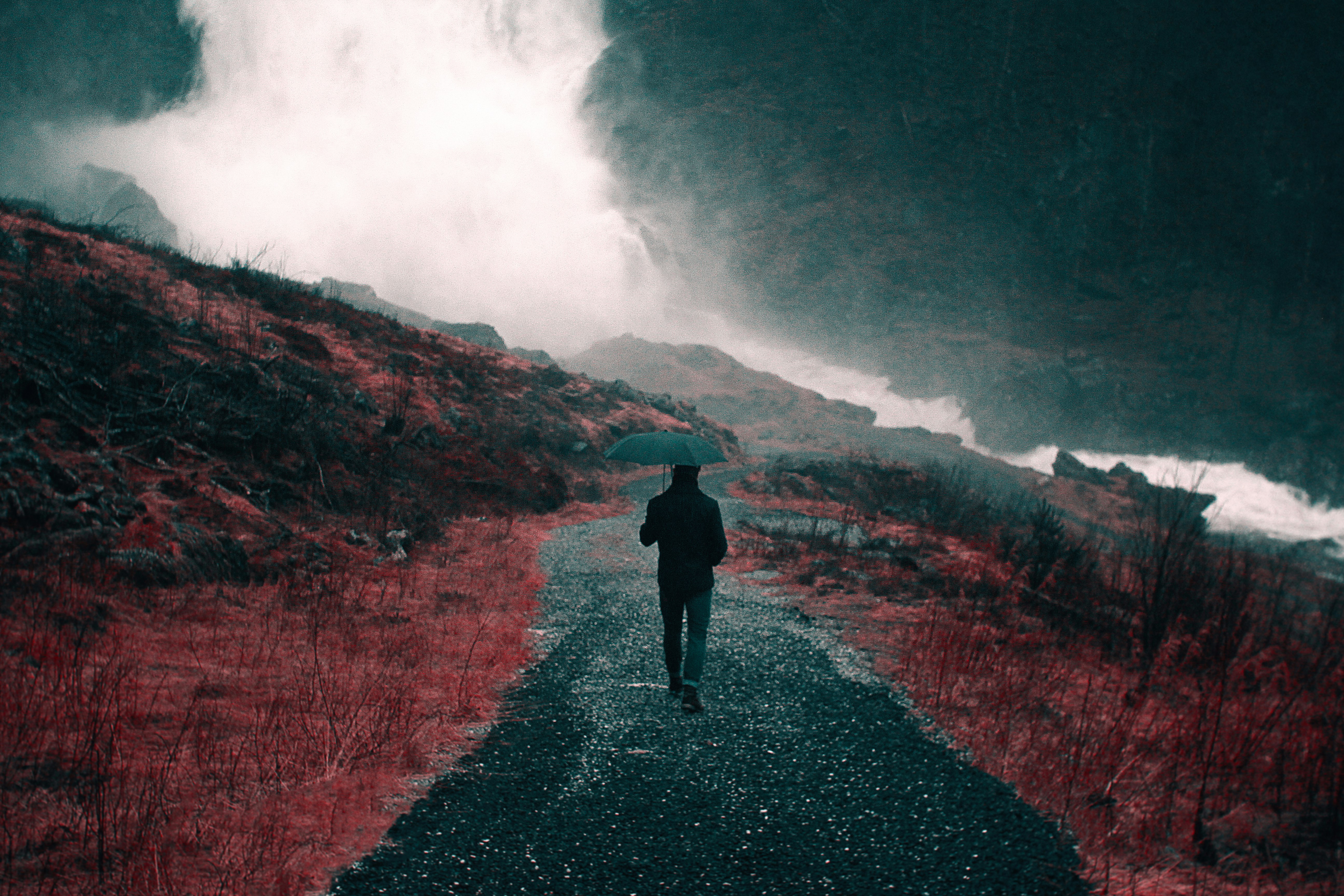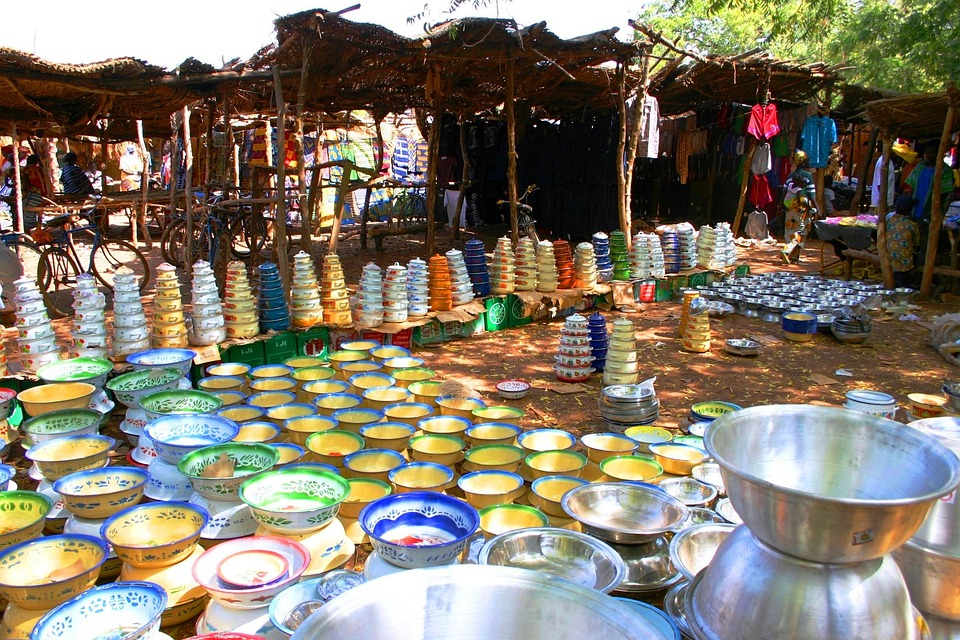Traveling to Burkina Faso brings opportunities to experience West African culture, beautiful landscapes, and rich traditions. But the country presents unique challenges for visitors.
Safety concerns, cultural expectations, and practical limitations require careful planning and awareness. This practical guide covers the essential things not to do in Burkina Faso to keep you safe, healthy, and respectful during your visit.
From security precautions to cultural sensitivities, these tips will help you navigate this West African nation with confidence.
- 1. Do Not Travel at Night
- 2. Do Not Photograph Military or Government Installations
- 3. Do Not Display Affluence
- 4. Do Not Ignore Local Dress Codes
- 5. Do Not Eat, Drink, or Smoke in Public During Ramadan (Daytime)
- 6. Do Not Use Public Transportation Uncritically
- 7. Do Not Travel Alone in Remote Areas
- 8. Do Not Resist in Case of Robbery or Attack
- 9. Do Not Participate in Demonstrations or Large Gatherings
- 10. Do Not Drink Tap Water
- 11. Do Not Engage in Unprotected Outdoor Activities During Rainy Season
- 12. Do Not Forget Identification
- 13. Do Not Expect Widespread Credit Card Acceptance
- 14. Do Not Take Photographs of People Without Permission
- 15. Do Not Disrespect Local Customs and Greetings
- 16. Do Not Assume LGBTQ+ Safety
- 17. Do Not Litter or Damage the Environment
- 18. Do Not Ignore Health Requirements
- 19. Do Not Engage in Public Displays of Anger or Swearing
- 20. Do Not Use Your Left Hand for Greetings or Eating
- Why Choose OneVasco?
- FAQs
1. Do Not Travel at Night

Traveling after dark in Burkina Faso is risky due to poor road visibility, unlit vehicles, and elevated criminal activity. Hazards like roadblocks or carjackings become more frequent at night, especially outside major cities. Avoid driving at night to reduce the chance of danger or unexpected emergencies.
2. Do Not Photograph Military or Government Installations
Photographing military or government facilities is taken very seriously in Burkina Faso and may lead to arrest. Security forces are on high alert due to terrorism threats, and photos can be mistaken for hostile surveillance. Keep your camera stowed and ask permission before taking pictures near sensitive areas.
Also Read: How to Check Burkina Faso Visa Status Online & Offline
3. Do Not Display Affluence
Wearing expensive clothing or flashing valuables can attract the wrong kind of attention. In a country where many live in poverty, appearing wealthy increases your risk of robbery or assault. Stay under the radar by dressing modestly and keeping luxury items out of sight whenever possible.
4. Do Not Ignore Local Dress Codes
Modesty matters in Burkina Faso, particularly in rural or religious communities. Wearing revealing or tight clothing may offend locals or invite unwanted attention. Dress conservatively by covering shoulders and knees, especially when visiting places of worship or government buildings, and opt for breathable fabrics that offer comfort and respect.
5. Do Not Eat, Drink, or Smoke in Public During Ramadan (Daytime)

During Ramadan, public eating, drinking, or smoking during daylight hours is considered disrespectful. Even if you’re not Muslim, it’s important to show cultural sensitivity. Practice discretion, avoid public consumption, and respect fasting individuals—especially when dining or socializing in mixed local and tourist environments.
6. Do Not Use Public Transportation Uncritically
Public transportation in Burkina Faso is unreliable and can be dangerous due to poor vehicle conditions and criminal risks. Shared green taxis are especially risky, often overcrowded and lacking oversight. Always research before boarding, and consider hotel-arranged transport to stay safe and avoid unfortunate incidents.
Also Read: Burkina Faso Visa for Indians
7. Do Not Travel Alone in Remote Areas
Solo travel outside Burkina Faso’s major cities exposes you to elevated risks, including crime and terrorism. Many rural regions have limited security presence, and help may not be readily available. Traveling with a group and an experienced local guide greatly reduces these risks and ensures safer navigation.
8. Do Not Resist in Case of Robbery or Attack

If you’re targeted by criminals, resisting can make the situation worse. In Burkina Faso, cooperation during a robbery is considered the safest response. Give up valuables without hesitation—your life and well-being are worth far more than any possessions you might lose in the process.
9. Do Not Participate in Demonstrations or Large Gatherings
Protests and political gatherings can escalate without warning. Even if they begin peacefully, they may attract violence or police crackdowns. Foreigners are often viewed with suspicion in these scenarios. Stay away from large crowds, demonstrations, or rallies to protect yourself from becoming unintentionally involved.
10. Do Not Drink Tap Water
The tap water in Burkina Faso isn’t safe to drink due to contamination risks. Consuming untreated water can lead to serious illnesses like typhoid or giardia. Always use sealed bottled water, even when brushing your teeth, and steer clear of ice or fresh produce washed in local water.
Also Read: Get an Ivory Coast Visa for Indians in 3 Days
11. Do Not Engage in Unprotected Outdoor Activities During Rainy Season

Heavy rains from June to October can quickly flood roads and trails, making outdoor activities hazardous. Flash floods and road collapses are common during this period. If you’re venturing out, take extra precautions and have emergency plans ready, especially in rural or low-lying areas.
12. Do Not Forget Identification
Carrying a valid ID at all times is essential in Burkina Faso. Random police checks are common, and not having identification could land you in detention. Keep a copy of your passport and visa with you, and store originals securely. Being prepared helps you avoid unnecessary complications.
13. Do Not Expect Widespread Credit Card Acceptance

Burkina Faso is largely a cash-based economy, and relying on cards can leave you stranded. Outside of big hotels, most places don’t accept credit or debit cards. Carry local currency in small denominations and have a backup plan if ATMs are out of service or unavailable.
14. Do Not Take Photographs of People Without Permission
Photographing locals without their consent can offend or lead to confrontation, especially in traditional or rural settings. Always ask first, and be respectful if the answer is no. A polite request in French or a local language can go a long way toward earning trust and goodwill.
Also Read: Mali Visa for Indians
15. Do Not Disrespect Local Customs and Greetings
Greetings are more than pleasantries—they’re foundational to Burkinabé culture. Skipping a proper hello or failing to acknowledge elders can be seen as rude. Learn basic greetings and use them sincerely. This small act of respect opens doors and helps create smoother, friendlier interactions with locals.
16. Do Not Assume LGBTQ+ Safety
While not illegal, LGBTQ+ identities are not widely accepted in Burkina Faso, particularly outside cities. Public displays of affection or obvious identifiers can attract negative attention. Exercise discretion in how you present yourself, especially in public places, and avoid assuming safety based on laws alone.
17. Do Not Litter or Damage the Environment

Protecting the environment is becoming a bigger priority in Burkina Faso. Littering, straying off paths, or disturbing natural sites is discouraged and can damage fragile ecosystems. Be mindful of your impact when visiting parks or rural areas. Treat nature with respect and leave no trace.
18. Do Not Ignore Health Requirements
Entering Burkina Faso without required vaccinations, like yellow fever, can result in denied entry. More importantly, failing to get proper medical prep puts your health at serious risk. Visit a travel clinic before your trip and carry all necessary meds and documentation for peace of mind.
19. Do Not Engage in Public Displays of Anger or Swearing
Losing your temper in public is considered deeply disrespectful in Burkinabé society. Even when you’re frustrated, yelling or swearing can escalate a situation and damage your credibility. Remain calm, speak politely, and address issues with patience—this earns more respect and often yields better results.
Also Read: Algeria Visa for Indians
20. Do Not Use Your Left Hand for Greetings or Eating

In Burkina Faso, the left hand is traditionally reserved for hygiene and not used in social settings. Using it to greet, eat, or hand over objects is offensive. Always use your right hand for interactions. This cultural nuance matters more than you might expect, especially in rural areas.
Why Choose OneVasco?
OneVasco makes visa applications effortless. Our expert team manages the entire process, allowing you to focus on your journey.
Enjoy stress-free travel with fast visa approvals.
-
Expert and Personalized Support
-
Efficient and Hassle-Free Process
-
Real-Time Tracking and Updates
-
Transparent Communication
-
Trusted by Millions
FAQs
What are the most dangerous areas to avoid in Burkina Faso?
The northern and eastern border regions with Mali and Niger present the highest security risks. Things to avoid in Burkina Faso as a tourist include traveling to the Sahel region and remote areas without security escorts. The tri-border area where Burkina Faso meets Mali and Niger has seen increased terrorist activity. Even national parks and nature reserves require official guides and updated security information.
Is it safe for Indian tourists to visit Burkina Faso in 2025?
Safety conditions remain challenging. Indian tourists should exercise extreme caution and monitor travel advisories from the Indian Ministry of External Affairs. Travel mistakes in Burkina Faso to avoid include traveling without registering with your embassy and failing to stay informed about changing security situations. Major cities like Ouagadougou and Bobo-Dioulasso are generally safer than rural areas, but still require vigilance.
What cultural taboos should tourists be aware of?
Beyond the things that offend locals in Burkina Faso mentioned above, avoid discussing politics, criticizing local customs, or making comparisons that might seem judgmental. Public displays of affection between couples are frowned upon. Taking photos of sacred sites without permission is taboo. Refusing offered food or drink can sometimes be perceived as rejection of hospitality.
Are there any shopping etiquette rules I should know?
What not to do in Burkina Faso’s malls and markets includes failing to negotiate prices (except in fixed-price shops) or becoming aggressive during bargaining. Start at about 50-60% of the initial asking price and negotiate respectfully. Avoid showing large amounts of cash when shopping. Using your left hand to pay is considered disrespectful. Photography in markets requires permission, especially of people and their goods.
What should I do in a medical emergency?
Medical facilities are limited, especially outside major cities. For serious emergencies, evacuation to Ghana or Europe may be necessary. Things not to do in Burkina Faso for first timers include traveling without comprehensive insurance that covers medical evacuation. Keep your embassy’s emergency contact information readily available, and research the locations of the best medical facilities before your trip.
















